
Recorded live in May 2025, this unique ONLINE CONFERENCE EVENT explores ways to support neurodivergent families during the perinatal period, covering:
👉 Pregnancy
👉 Labour and birth
👉 Postpartum
👉 Infant experience
👉 Couple relationship
With a focus on both formally and self-identified Autism and ADHD, we will hear from leading clinicians with lived and clinical experience.
There is a focus on exploring common points of vulnerability for autistic and ADHD folk and the ways health professionals can scaffold and support:
The recorded content focuses on understanding and supporting Autistic and/or ADHD parents and their infants presenting to perinatal services, with emphasis on the essential need for neuro-affirming care that recognises their unique challenges, support needs as well as their strengths in navigating the perinatal period.
Bringing together leading experts in the field, our conference provides clinical research and best practice, infused with clinical wisdom and the lived experience of Autism and ADHD during the perinatal period, highlighting creative and varied ways to support those in your care.
Our conference mission is to unite multidisciplinary professionals involved in the care of perinatal families where one or more individual is neurodivergent. The aim of the conference is to provide education, professional development and networking opportunities to skill-build and strengthen collaborative care among service providers.
The Supporting Autistic and ADHD Folk in the Perinatal Period Conference is developed and intended for perinatal clinicians.
This conference is especially relevant to those who work in therapeutic ways with patients/clients and have a desire to support perinatal families emotionally.
We welcome:
We support multidisciplinary perinatal and infant mental health practitioners through our professional development opportunities.
Based in Australia with global reach, our Mission is to provide quality, accessible education and training in PIMH with a focus on developing strong, reflective therapeutic skills.
Our conferences alternate between focus on Neurodivergence and Perinatal Loss.
Online training programs in Perinatal & Infant Mental Health, Perinatal Loss, Reflective Supervision.
Our webinars explore contemporary issues within PIMH.
Find a supervisor – Our hand-picked supervisors are expert in PIMH.
Meet our expert Conference Speakers. Gain insights from their expertise at the intersection of Perinatal and Infant Mental Health and Neurodivergence. Our speakers are leading clinicians with lived and clinical experience.
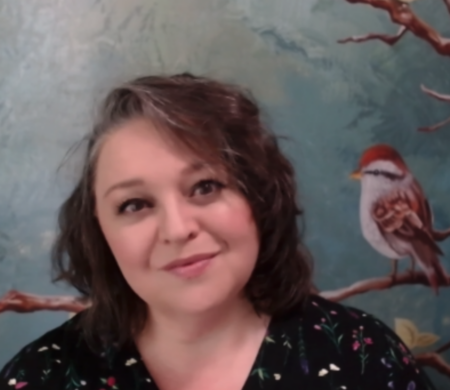
Your Conference Host, Dr Bronwyn Leigh is a Clinical Psychologist dedicated to perinatal and infant mental health. She is the Founding Director of the Perinatal Training Centre and the Centre for Perinatal Psychology.
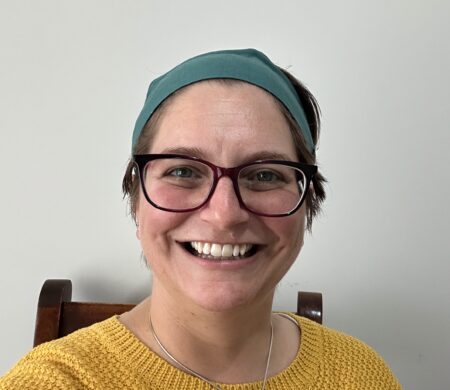
Amiee Pember (she/her) is an AuDHDer Perinatal Psychologist from the beautiful south-west region of Busselton, WA.
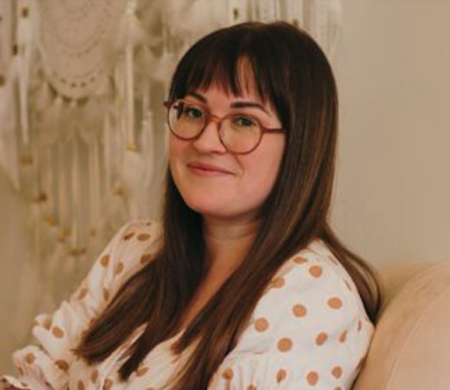
Sarah Harrower is a neurodivergent perinatal psychologist, board-approved supervisor, and the founder of a Perth-based telehealth private practice.
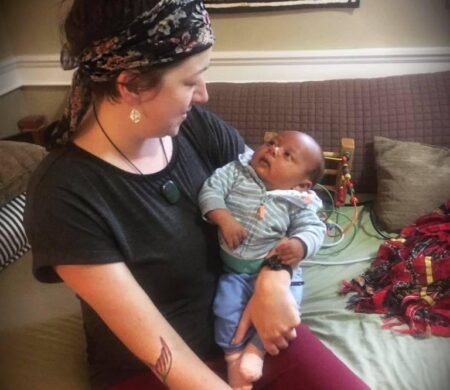
Jata is a midwife, academic, and PhD researcher whose work centres reproductive justice and neurodiversity-affirming care.
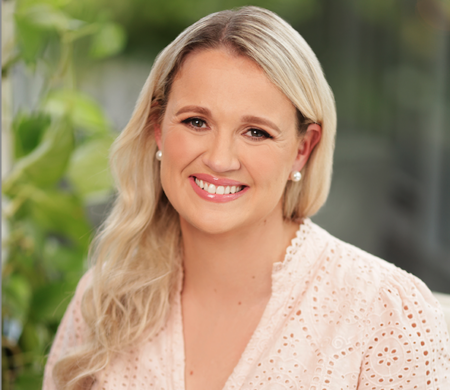
Sarah is an educational and developmental psychologist who works in her solo private practice, Keeping Mum Psychology.
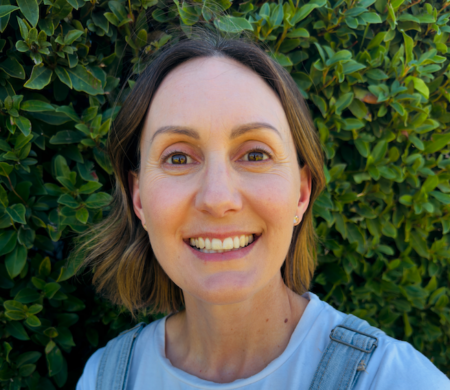
Jillian Ryan is a Registered Nurse, Midwife, IBCLC, and a late-diagnosed neurodivergent woman.
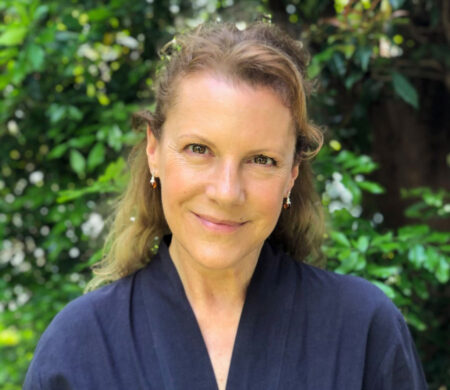
Elly Taylor is a former Emotionally Focused Relationship Counsellor and Founder of Becoming Us. Based in Sydney and working internationally, Elly is passionate about supporting the emotional and relational wellbeing of mums, dads, parents and families.
Sessions 1-4 were held on three consecutive days: 22-24 May 2025.
The final Session was held on Saturday 28 June and features a 1-hr Q&A Session with the panel of speakers.
Many Autistic and ADHD folks find that pregnancy feels different from what they imagined and may experience shame when their information processing style, sensory sensitivities, communication differences, or chronic mental health difficulties don’t align with societal expectations. This session explores these experiences and offers practical ways for perinatal professionals to provide meaningful, neurodiversity-affirming support across medical, community, and mental health settings. By reducing stigma and fostering compassion we can better support neurodivergent families. This presentation draws from contemporary research, clinical insights, and lived experience.
How can we better support neurodivergent labour and birth? In this session, endorsed midwife and PhD researcher Jata (they/them) draws on clinical experience, AuDHD lived expertise, and their research to explore how neurodivergence shapes birthing needs. From communication and sensory overload to executive function, physical health, and meltdowns/ shutdowns, this presentation offers practical strategies for creating safer, more inclusive birth spaces. Rooted in the principle of “Nothing about us without us,” this session invites perinatal professionals to challenge assumptions, honour difference, and reimagine birth support that truly affirms all neurotypes.
 Sarah Harrower
Sarah Harrower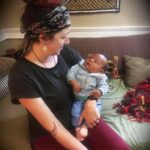 Jata Elliott
Jata ElliottThe early postpartum period is a profound time of transition for Autistic and ADHD parents—a tender space where identity reshapes, and bonds with baby begin to form. This session explores the unique points of vulnerability in early parenting, including sensory overwhelm, executive function challenges, communication differences, and autistic burnout. We will discuss how perinatal clinicians can offer neurodiversity-affirming, compassionate scaffolding that supports both the parent’s evolving identity and their connection with their baby—fostering safety, regulation, and belonging in this sacred early parenting journey.
This presentation explores infant feeding support through a neurodivergent lens, focusing on the physical, sensory, emotional, and relational needs of ADHD and Autistic parents in the postnatal period. We’ll explore common points of strength and vulnerability, implementable strategies to enhance the breastfeeding and infant feeding experience, and why supporting the parent–baby dyad requires us—as practitioners—to take patient-centred care to a much deeper level. With a vision for truly inclusive, nervous system-informed care, this session offers practical insights that can benefit all families—neurodivergent or not.
 Amiee Pember
Amiee Pember Jillian Ryan
Jillian RyanEvidence suggests that struggling new fathers do not often seek help. For clinicians working mostly with mothers, the perinatal period offers a unique and opportune time to include fathers in consultations, and it might be the only time they sit in front of a mental health professional. The importance of this port-of-entry cannot be underestimated.
Sarah offers insight into her perinatal practice with mostly neurodivergent mothers, and how including, observing and relating to fathers has often led to the uncovering of a fathers neurodivergence too.
Learn with Sarah how to work with and hold neurodivergent fathers in mind, too.
Navigating neurodiversity in perinatal couple relationships requires a deep understanding of each partner’s unique experiences, communication and conflict styles, and emotional needs during this transformative period. The intersection of neurodivergence and the perinatal journey can present both challenges and opportunities, influencing everything from sensory sensitivities to differing expectations. By fostering open communication, self-advocacy, and mutual support, couples can build resilience and connection. With empowering strategies and professional guidance, neurodiverse couples can create a supportive and adaptive environment that honours their individual needs while nurturing their growing family.
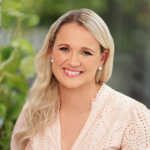 Sarah Edwards
Sarah Edwards Elly Taylor
Elly TaylorThe early postpartum period is a profoundly formative and tender space for infants—a time when their nervous systems are shaped through co-regulation, and their emerging sense of safety, connection, and self begins to take root within the caregiving relationship. When an infant is held by an Autistic or ADHD parent, their early experience is uniquely influenced by the relational rhythms, sensory world, and communicative patterns of their neurodivergent caregiver. These interactions may differ from conventional expectations, yet they still carry the potential to foster deep connection and attunement—when properly understood and supported.
From the infant’s perspective, safety and regulation are not abstract concepts but embodied experiences. The sense of being seen, felt, and held emerges through repeated micro-moments of emotional and physiological connection. When a caregiver’s capacity for co-regulation is affected by sensory overload, executive function challenges, or burnout, the baby’s experience of the relationship is shaped not only by what is offered, but by how it is received and felt in the body.
This session centers the baby’s lived experience within the neurodivergent parent-infant dyad. We explore how developmentally sensitive, neurodiversity-affirming care can create conditions for co-regulation, emotional safety, and secure attachment—even when bonding unfolds differently than expected. Drawing from infant mental health, developmental psychology, and neurodivergent parenting practice, we offer reflective and practical strategies for clinicians to hold space for both baby and parent with compassion, flexibility, and nuance.
By honoring both the infant’s vulnerability and the parent’s authenticity, we can co-create early relational environments where each feels safe, seen, and supported in their shared process of becoming.
In the absence of empirical evidence, there are compelling reasons to hypothesise that health professionals are overrepresented in the increased identification of neurodivergence.
With a predisposition to heightened sensitivity, an increased ability to focus and hyperfocus on areas of passion, and feeling stimulated by novel and interesting clinical puzzles, it makes theoretical sense as to why neurodivergent health professionals could be hiding in plain sight.
Join with Sarah to explore the therapist experiences of working with neurodivergent clients and, the joys and challenges of working in a parallel process if you identify as being neurodivergent yourself.
 Amiee Pember
Amiee Pember Sarah Edwards
Sarah EdwardsWe have a dedicated hour to answer your pressing questions about supporting Autistic and ADHD folk in the perinatal period.
You will hear responses from our incredible panel of speakers.
 Amiee Pember
Amiee Pember Sarah Edwards
Sarah Edwards Sarah Harrower
Sarah Harrower Elly Taylor
Elly Taylor Jata Elliott
Jata Elliott Jillian Ryan
Jillian Ryan Dr Bronwyn Leigh
Dr Bronwyn LeighPlease note: this Conference event has not received any form of funding nor any corporate sponsorship. Registration fees cover costs to run the event. All invited speakers are paid.
At the Perinatal Training Centre, we value collaboration and an integrated approach to care and community.
We actively support and are supported by individuals and organisations who share our vision and values.
Subscribe to our Newsletter to stay connected and keep up with all our activities.